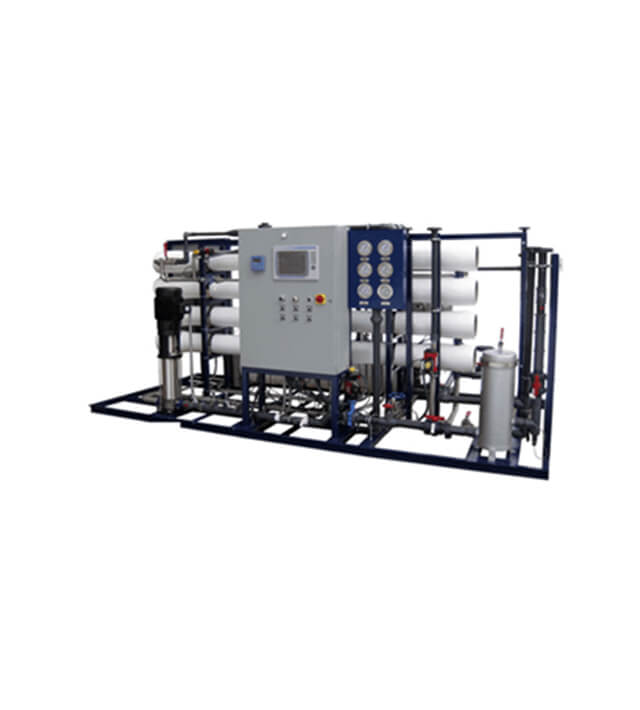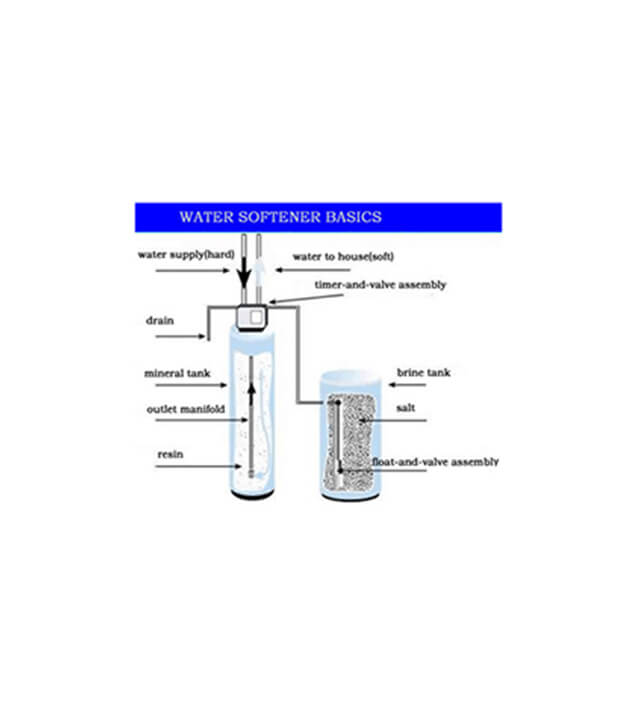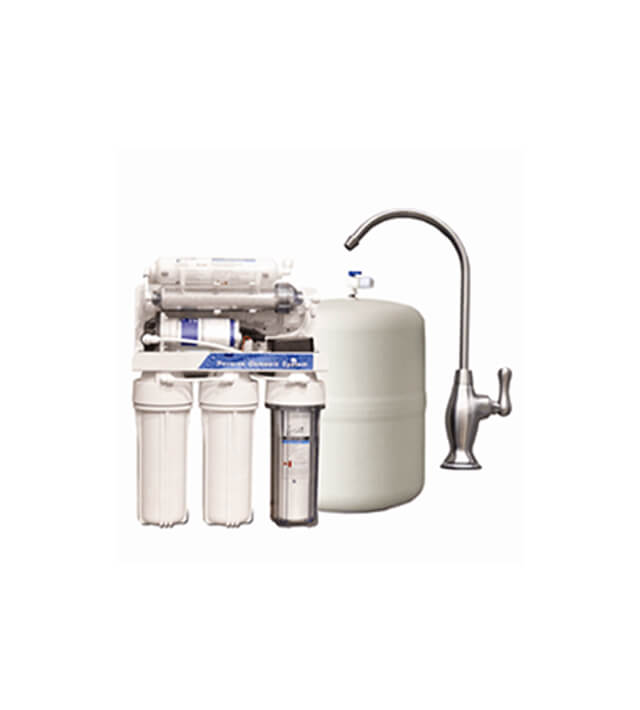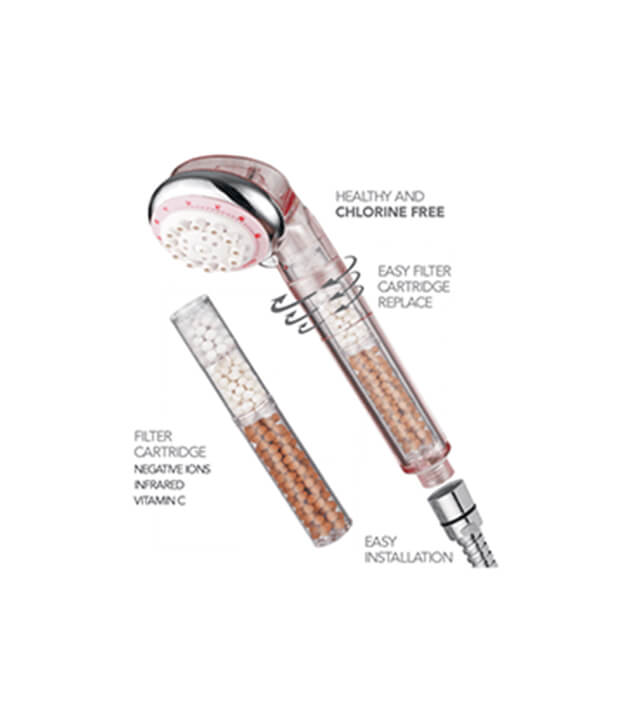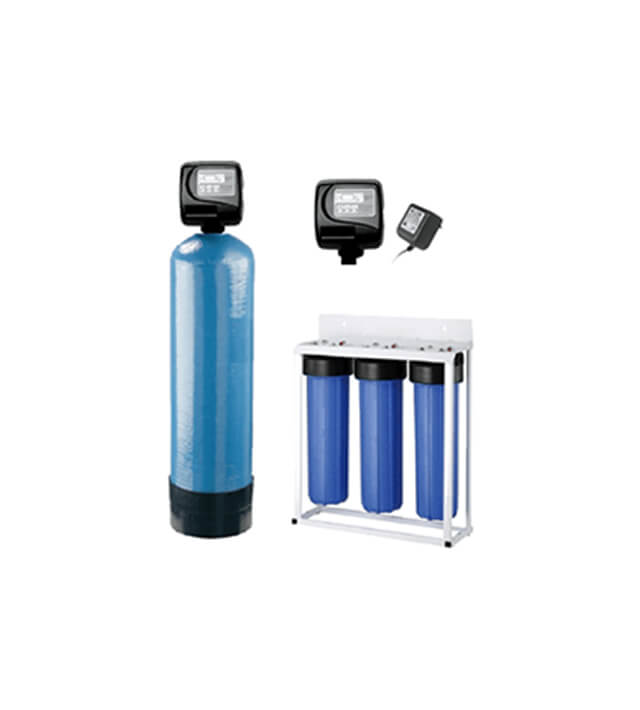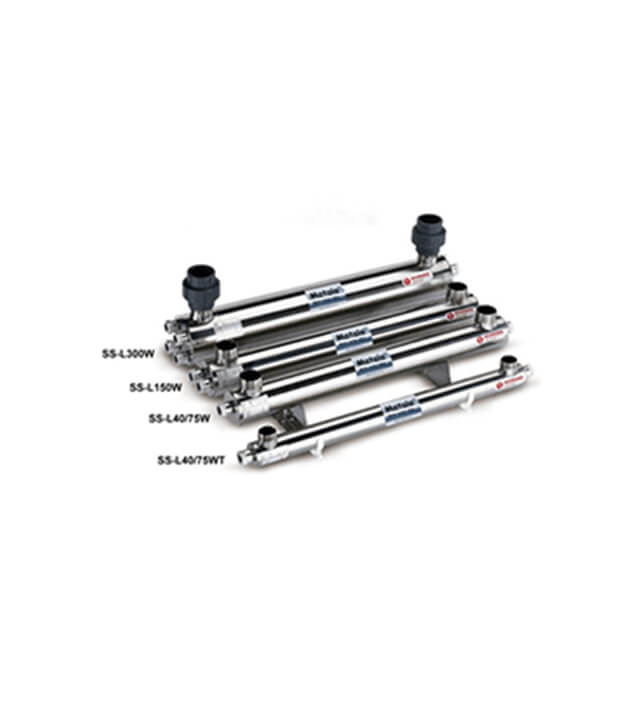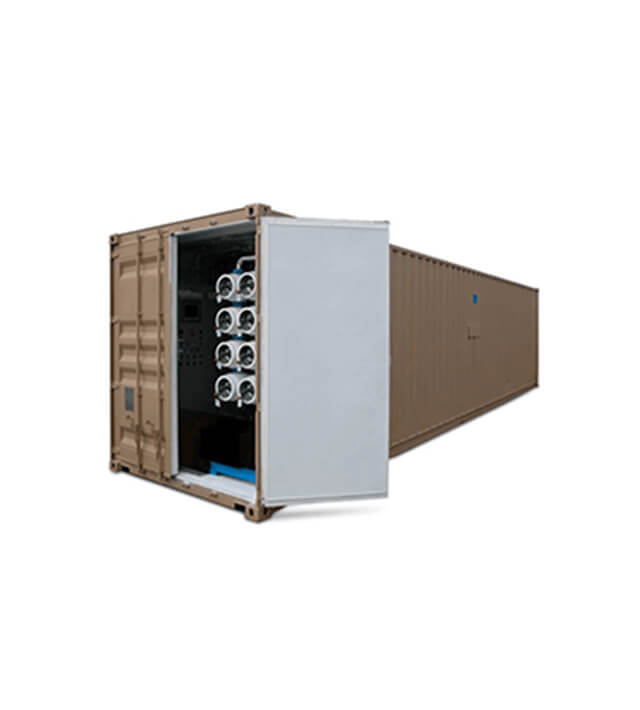Reverse Osmosis for Boiler Feed Water Pretreatment
Adequate maintenance of boilers and hot water systems can help lower costs of operation by keeping power consumption low and avoiding downtime due to repairs. Having a reverse osmosis system as pretreatment can significantly lower costs due to poor maintenance of boiler systems.
Reverse osmosis systems reduce the dissolved solids that lead to scaling. Removing these contaminates improves the boilers efficiency and increases its ability to work at full capacity. The right RO system design will utilize ASME pressure vessels, filter tanks and high-quality instruments such as conductivity, pH and ORP meters. The pH level of water is an important factor for boiler efficiency.
Why a RO System is necessary for Boiler Feed Water Pretreatment:
Having a reverse osmosis system as boiler feed water pretreatment can:
- Reduce fuel costs through lower heat loss and increased boiler cycles. Reducing the total dissolved solids (TDS) in the RO product water can increase the boiler’s cycles of concentration. The boiler will also have a cleaner heat transfer surface and is more efficient.
- Improve operation and steam purity. Steam quality is improved because you are providing better quality feedwater to the boiler. Any control valves, pumps, or compressors that have direct steam contact are less prone to failure. There are no concerns with contaminated products because the steam is pure.
Reduce chemical costs. The amount of boiler feed chemicals required to prevent condensation corrosion is less due to lower alkalinity in the boiler makeup water.
- Control return-line corrosion. Corrosion is one of the main reasons for boiler down time. Maintaining the proper pH and alkalinity levels will help control corrosion.
- Extending equipment life. Oxygen, iron, and copper levels should be very low and pH should be maintained between 8.5 and 9.5 to protect the boiler system.
What does a boiler feed water treatment system typically remove?
Installing a water treatment system in place before a boiler feed system will remove dissolved and suspended solids as well as organic material that may be present in the feed water.
- Calcium and magnesium: causes scaling of the boiler feed water.
- Silica: known to cause hard scaling. Silica needs to be reduced to low levels to avoid any operating issues
- Iron and manganese: can damage downstream equipment and have an affect on the quality of the water.
- Copper: decreases the efficiency of boiler feed equipment when deposited in high-pressure turbines.
- Magnesium: has the ability to stick to the inside of the boiler, also causing scaling
- Hardness: causes scaling on boiler piping.
- Aluminum: can react with silica to increase scaling.
- Dissolved gases: can cause severe corrosion to the boiler due to oxygen and carbon dioxide presence.
Solutions :
Placing a reverse osmosis system prior to a water deionizer or demineralizer. This solution will reduce the number of regeneration cycles, which will lower the consumption of acid and caustic. This helps if the customer has limitations on discharge of chemicals because the amount of chemicals the demineralizer system uses is reduced.
Replacing existing water softener with reverse osmosis system. Having a RO system in place instead of a softener will lower fuel bills due to higher operating cycles. It will also decrease the risk of steam purity problems due to low quality feedwater from the softener. Having low quality product water from the softener will increase the alkalinity in the feedwater of the boiler, which will increase condensate corrosion levels.
Having pretreatment for a boiler is necessary to keeping your plant operating safely and efficiently. Installing a reverse osmosis system in place will lower operating costs of the boiler, as well as reduce the blow down times, formation of scale and corrosion.
Our Works
Featured Products
WE ALSO PROVIDE PARTS ACCESSORIES, AMC CONTRACT AND FILTERS SERVICES AT YOUR HOME / INDUSTRIES / OFFICES ETC




